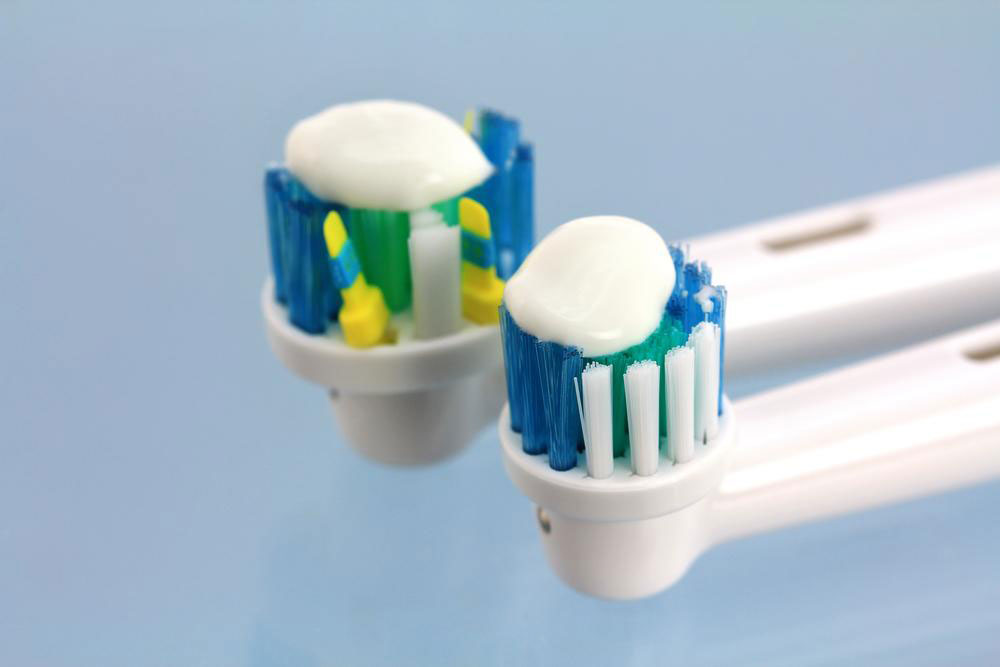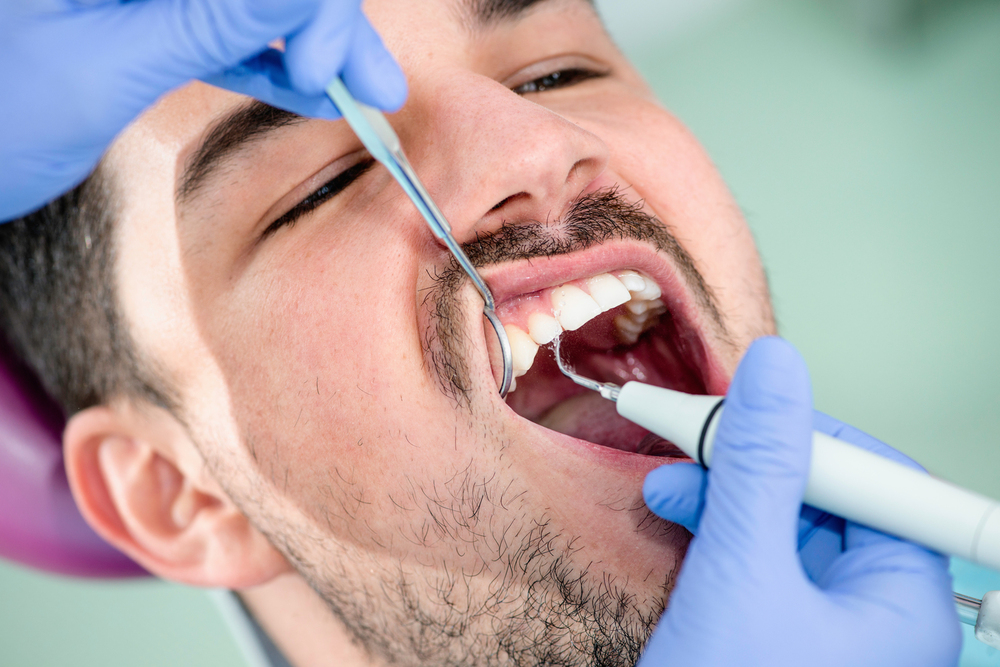Understanding Bad Breath: Causes and Effective Remedies
Explore the main causes of bad breath and discover effective remedies to combat it. From dietary habits and oral hygiene to medical conditions, this comprehensive guide helps you understand how to maintain fresh breath. Learn practical tips like proper brushing, flossing, and regular dental visits, along with lifestyle changes to eliminate foul odors. Addressing the root cause with professional help if needed ensures long-lasting fresh breath and boosts confidence. Keep your mouth healthy with simple and actionable steps for a cleaner, more confident smile.

Understanding Bad Breath: Causes and Effective Remedies
Halitosis, commonly referred to as bad breath, can be embarrassing and affect confidence. Many rely on mints, mouthwashes, or gums for quick relief, but these are temporary solutions that do not eliminate the root cause. Factors such as certain foods, health conditions, and poor oral habits contribute significantly to foul odors. Maintaining consistent and proper dental hygiene is essential for long-term freshness. If self-care efforts are insufficient, consulting a dentist or doctor is advisable to rule out underlying health issues that may cause persistent bad breath.
Signs
Some individuals may be unaware of their own bad breath, while others might worry excessively despite having minimal odor. Since self-assessment is challenging, ask a trusted friend or family member to check your breath regularly.
There are various causes behind bad breath, including:
Diet
Foods like onions, garlic, and spices contain compounds that are broken down in your mouth, fostering bacteria that emit odor. These substances can also enter your bloodstream and influence your breath through your lungs.
Smoking and Tobacco Use
Tobacco products tend to cause gum diseases and release an unpleasant smell. Smokers are also more prone to bacterial buildup in the mouth, exacerbating bad breath.
Poor Oral Hygiene
Failing to brush and floss daily allows food debris to linger, promoting bacterial growth and plaque formation. Bacteria on the tongue and between teeth are common sources of bad odors.
Dry Mouth
Saliva helps cleanse the mouth. Conditions reducing saliva production, such as dry mouth or xerostomia, can lead to persistent bad breath, especially after sleeping or mouth breathing.
Medications
Certain drugs can diminish saliva flow, indirectly causing bad breath, or cause specific oral side effects.
Infections
Mouth infections, post-surgical wounds, gum disease, or stones in the tonsils can produce odor-causing bacteria. Sinus, nose, or throat infections also contribute to foul breath.
Solutions
Dental Interventions
Using antibacterial toothpaste or mouthwashes can reduce bacterial buildup. For gum disease, consulting a periodontist is recommended, as deep cleaning or replacing damaged restorations may be necessary to eliminate odor sources.
Home and Lifestyle Tips
To combat bad breath at home, consider these practices:
Brush after Meals – Keep a toothbrush handy to clean teeth after eating, using fluoride toothpaste with antibacterial properties.
Daily Flossing – Remove plaque and food particles from between teeth to prevent bacterial growth.
Oral Hygiene of the Tongue – Regularly clean your tongue with a scraper or brush to remove bacteria and coating, especially if affected by smoking or dry mouth.
Maintain Oral Moisture – Stay hydrated, avoid alcohol and caffeine, and chew sugarless gum or candies to stimulate saliva production. Seek artificial saliva products if needed.
Adjust Your Diet – Limit foods like onions, garlic, and sugary items that promote odor and bacterial growth.
Replace Toothbrush Regularly – Use a new soft-bristled toothbrush every three to four months to maintain oral hygiene.
Regular Dental Checkups – Visit your dentist at least twice a year for professional cleaning and assessment.
Depending on the cause, a combination of these measures can effectively manage bad breath, promoting fresher, healthier breath and enhanced confidence.Note:
The information shared here provides practical guidance on managing bad breath. For persistent issues, consult dental or medical professionals for personalized evaluation. This article is for informational purposes and not a substitute for professional advice. The website is not liable for any discrepancies or inaccuracies in external data or offers.










